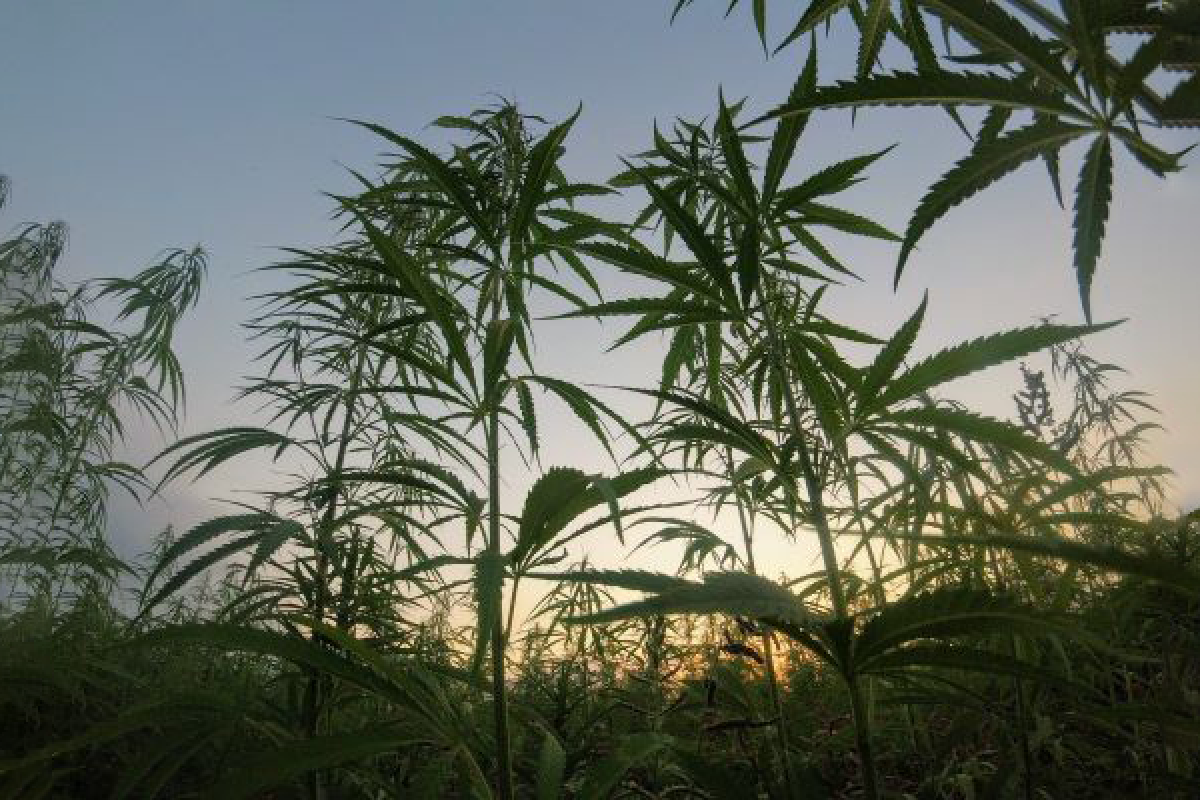All New Zealanders voting in the general election this year will also be asked a yes or no question on your support of cannabis legalisation.
The Govt Referendum 2020 page provides information to help people make a choice here.
Cancer Society position on the cannabis referendum
The Cancer Society believes it is up to individuals to make their own decision on the referendum. All New Zealanders will have a personal view on whether to legalise this widely-used recreational product or not.
When making your decision on which way to vote please note:
The Bill does not relate to medicinal cannabis. Medicinal cannabis is legal and a small number of medical-grade products can be prescribed and can be grown for medicinal purposes by palliative patients. Some people with cancer will continue to use recreational cannabis for medicinal purposes.
Information to consider on the cannabis referendum
- Long-term, heavy cannabis use may raise the risk of testicular cancer. But generally, there is insufficient evidence of a cancer link from cannabis use to justify the Cancer Society taking a particular view on the referendum.
- Potential cancer risks are summarised in our technical report here, available for download below.
- Cannabis research has been challenging because of its illegality. Further research is needed to help us understand the link between cannabis and cancer as currently there are a lot of unknowns.
- People may want to be informed about other aspects of cannabis use when making their decisions (e.g. potential broader public health benefits and harms[1]/equity etc).
- Further information from the Prime Ministers Chief Science Advisor can be found here.
[1] From a public health perspective, it's too early to say if the overall benefits of legalising cannabis will outweigh the harms. But clear indications are that it will improve justice and social inequities for Maori in particular

